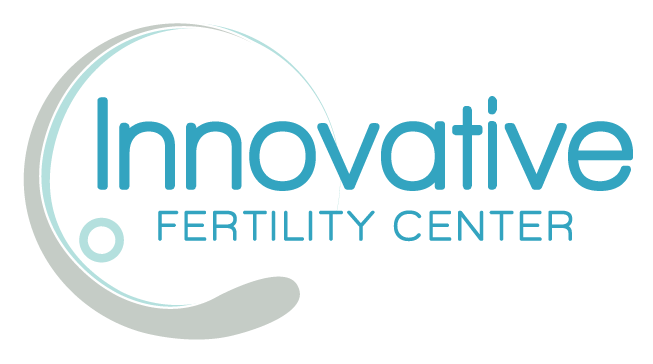Failed IVF Cycles
Common reasons for failed IVF cycles can be addressed in subsequent attempts
For couples and individuals struggling to get pregnant, the assisted reproductive technology of IVF offers hope for a positive outcome—a healthy baby. After failed IVF cycles, patients often experience heartbreaking disappointment, even knowing that each cycle has an approximately 20% chance for success. As a skilled IVF doctor, Mark Rispler MD and Joshua J. Berger MD, PhD will evaluate previous cycles to discover underlying issues so that he can recommend the best course of action for moving forward.
Our IVF doctor clarifies the mechanics of IVF therapy
For pregnancy to occur, an egg must be released by the ovary and fertilized by a sperm. The fertilized egg then travels through the fallopian tube and implants in the uterus. If this process doesn’t occur naturally or IUI attempts haven’t produced results, we may recommend IVF therapy.
Our IVF doctor stimulates the female patient’s ovaries with hormones, resulting in the controlled release of multiple eggs, which he will then retrieve. Our trained embryologists will combine these eggs with the sperm sample to produce embryos that we will transfer back to the uterus.
Understanding factors that contribute to IVF failure
When patients undergo a failed IVF cycle, the doctor will perform a thorough assessment of the procedures to identify potential problems. Once our IVF doctor has an idea about the causes of the failure, he will review the details with you and your partner. Generally, the following issues may hinder the IVF process:
- Maternal age Because female fertility and egg health decrease as women get older, patients in their late 30s or early 40s may need to consider donor eggs to improve the likelihood of IVF success.
- Ovarian reserve Generally, the more eggs you produce, the greater the chances are for a successful cycle. Women over age 37, individuals of any age with high follicle stimulating hormone (FSH) levels or those with few remaining eggs may have difficulty generating an adequate number of mature follicles.
- Embryo quality Before the transfer, our embryologists will evaluate the characteristics of the embryos to select the healthiest embryos possible for transfer. For optimal results, the embryos need to develop from one cell to multi-cell by the third day after fertilization. Choosing preimplantation genetic screening, PGS, further improves the odds for having a successful pregnancy.
- Implantation problems Sometimes, a pregnancy occurs, but does not remain viable. Usually, these early miscarriages result because the embryo did not implant correctly or stopped developing normally. Ask about a frozen embryo transfer to allow the uterus time to normalize prior to transfer and progesterone support during the luteal phase.
Although a failed IVF cycle can feel like a setback, our IVF doctor will work with you and your partner to determine the next steps and a proactive plan. Our team can provide direction and support as you continue on the path towards parenthood. Contact us for more information.
- IUI & IVF
- Intrauterine Insemination, or IUI
- Sperm Prep for IUI
- Candidates for IVF
- IVF for Single Motherhood
- IVF After Tubal Ligation
- Should I Consider IVF?
- In Vitro Fertilization, IVF
- IVF Consultation
- IVF Process
- Egg Retrieval
- Embryo Transfer
- Intracytoplasmic Sperm Injection
- IVF Success Rates
- Preimplantation Genetic Diagnosis & Screening
- PGS
- PGT-M
- Failed IVF Cycles
- IUI & IVF
- Intrauterine Insemination, or IUI
- Sperm Prep for IUI
- Candidates for IVF
- IVF for Single Motherhood
- IVF After Tubal Ligation
- Should I Consider IVF?
- In Vitro Fertilization, IVF
- IVF Consultation
- IVF Process
- Egg Retrieval
- Embryo Transfer
- Intracytoplasmic Sperm Injection
- IVF Success Rates
- Preimplantation Genetic Diagnosis & Screening
- PGS
- PGT-M
- Failed IVF Cycles
